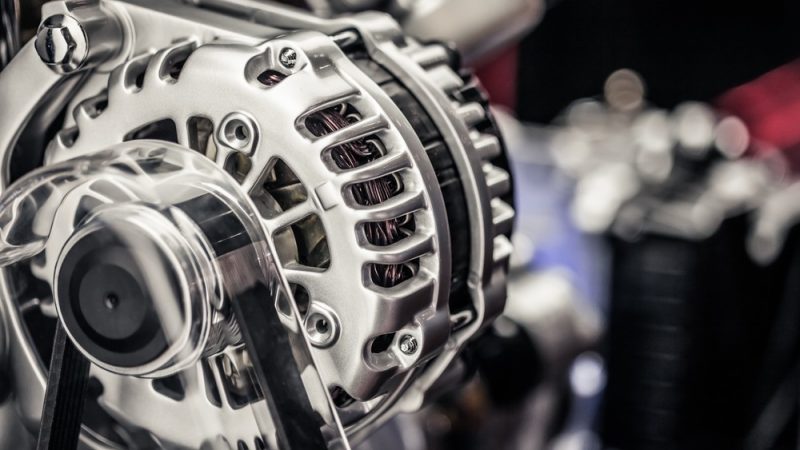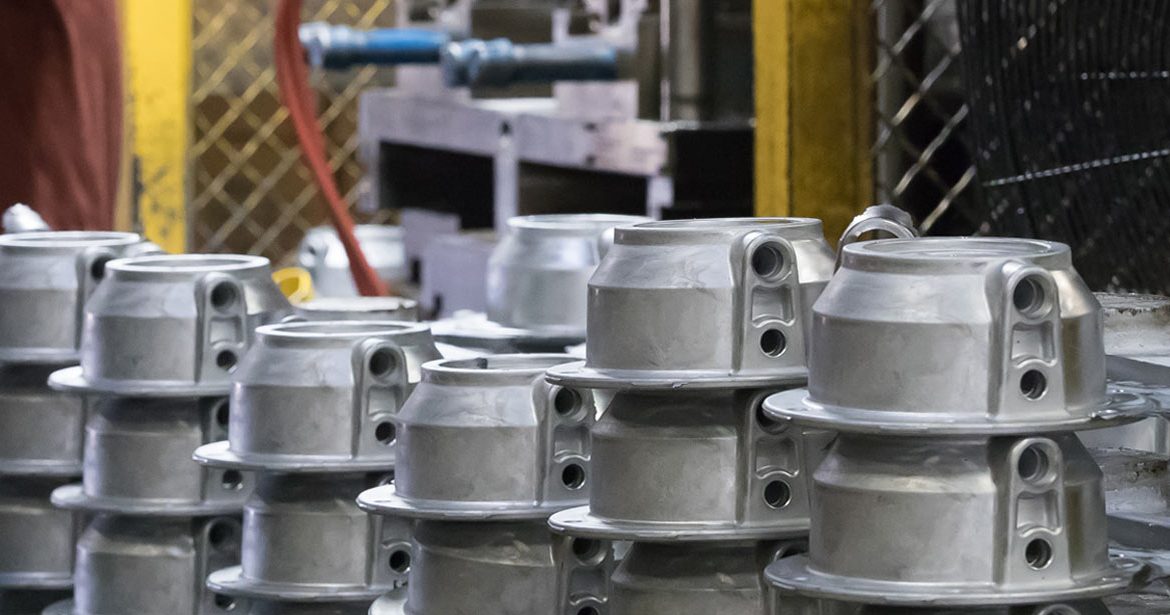ADC began as a diecast rotor producer in 1982. Since 1986, they have provided entire diecasting solutions based on the belief that clients would be better served by a single supplier who could handle all parts of a project from concept to delivery. They have grown from a single machine to an ISO 9001:2015 and IATF 16949:2016 accredited company with 11 die casting machines ranging in locking force from 180 to 660 tonnes, capable of producing castings weighing from 100 grams to 4.5 kilos, with a total production capacity of 3000 M. Tons/annum. They supply a variety of known and leading manufacturers of textile machinery, home appliances, diesel engines, hydraulic and electrical machines, vehicles, and other products with their superior quality and high-performance die casting components.
Benefits of die casting –
- More design flexibility and freedom to develop complicated sections
- Components made of magnesium and aluminum that aid in vehicle weight reduction
- Shielding for an ever-increasing number of electronic sensors is provided by precisely cast, thin-walled housings.
- The ability to place electrical components and heat sinks inside a net-shape design.
- Telematics, which integrates telecommunications, navigation, and entertainment elements into the vehicle’s systems, requires significant shielding.
- Zinc, aluminum, and magnesium connector housings for car electronic and electrical systems are available in various shapes and sizes.
- Die castings that are fully recyclable and meet stringent product recycling criteria.
- Various finishes are available, ranging from high-specification plating to aesthetic finishes.

The following is a list of some of the parts that can be made with this method:
- Sunroof components
- Parts for the Chassis
- Components of Transmission
- Interior Vehicle Components
- Air-Conditioning Units (A/C Units)
- Engine Components
- Hardware and Brake Systems
- Systems for Power Steering
- Parts for the Fuel Intake
- Mechanical Components
Types of metals used in Automotive diecasting company
Aluminum is extensively used in diecasting to make components with thin walls and complex shapes because of its great dimensional stability. The automotive die casting company hardness and fluidity are substantially enhanced when combined with these metals. Aluminum is also useful in components exposed to heat or electrical energy because of its corrosion resistance.
Copper -The automotive die casting company also frequently uses copper-based alloy as copper is commonly utilized in plumbing and electrical materials due to its strong corrosion resistance.
Zinc – Zinc die casting is a simple technique since it has high strength at ambient temperature, but it can be alloyed with aluminum to boost these properties further. Zinc is appropriate for hot-chamber casting because it has a lower melting point than aluminum. It’s particularly useful in producing connectors and gears, which demand a high level of precision and sturdiness.
Magnesium – Although a light alloy, magnesium has a high strength-to-weight ratio, making it ideal for diecasting operations that need thin-structured walls and near precision.
